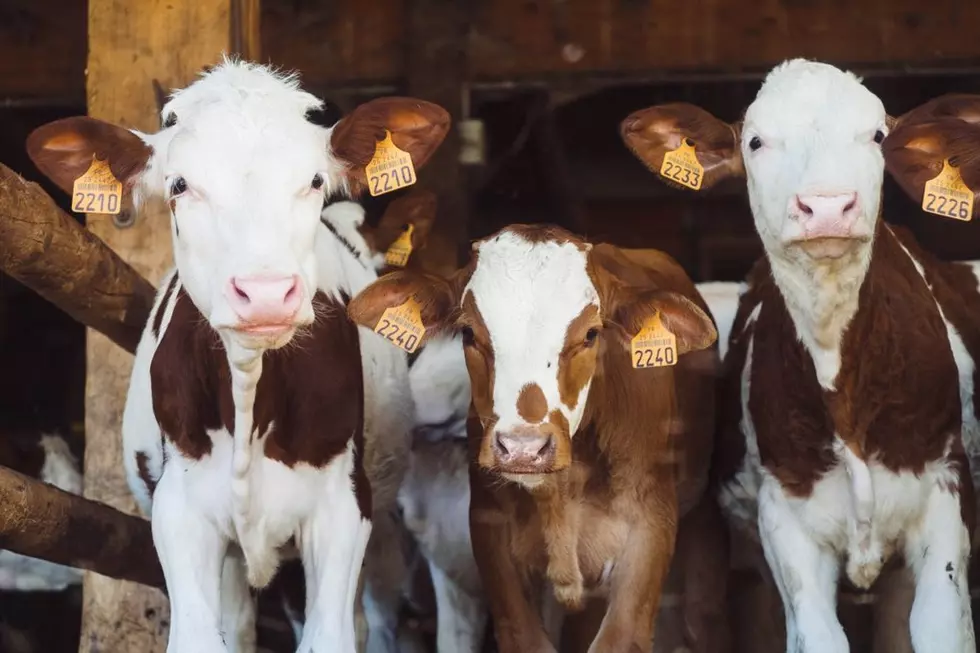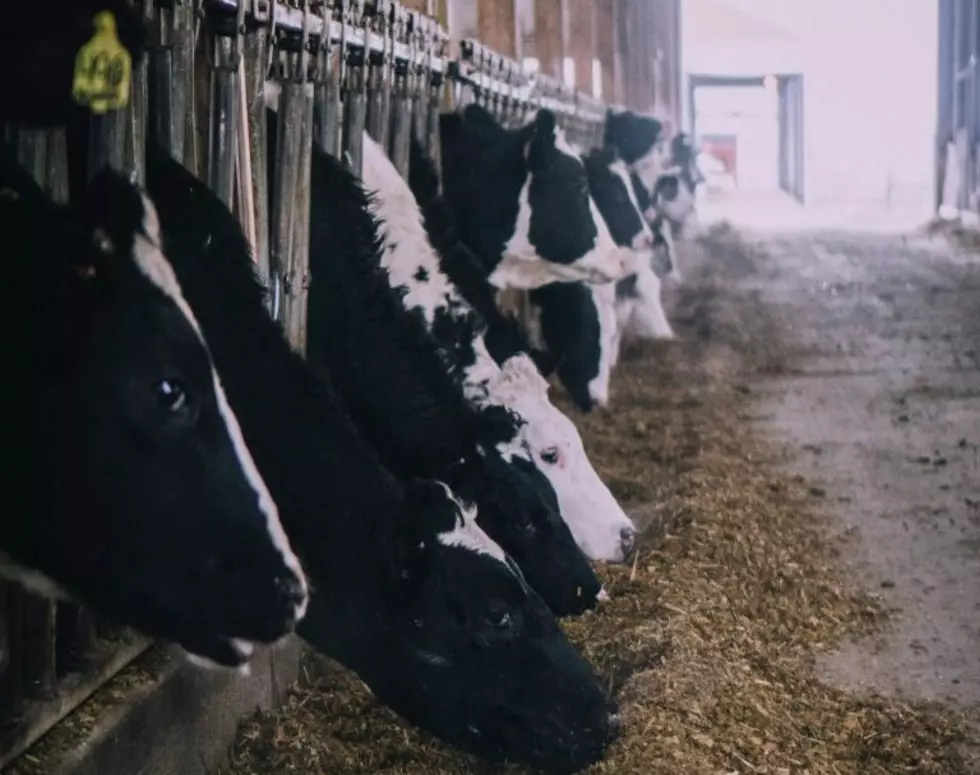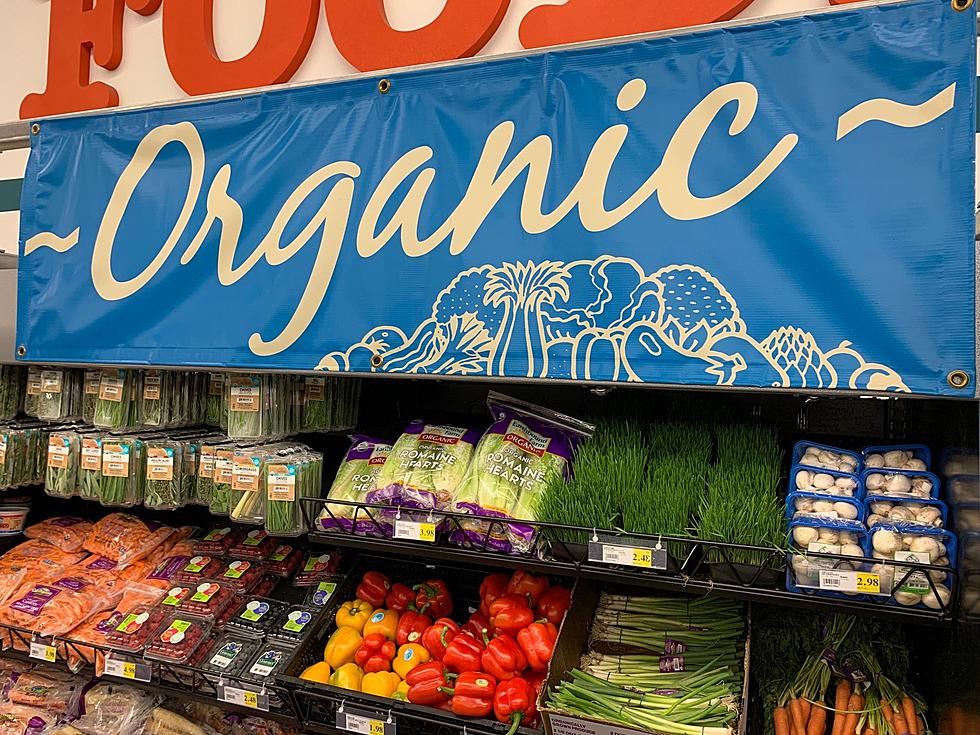
Organic Valley Announces Low Carbon Footprint Dairy on Path to Carbon Neutrality
Phase one of Organic Valley's dairy life cycle assessment evaluated on-farm greenhouse gas emissions from dairy farms using different management practices. The results are in, and farming practices of Organic Valley farmers have a measurable benefit for the planet, reinforcing the cooperative's commitment to bringing ethically made organic food to families.
University of Wisconsin-Madison's assessment reveals that, on average, the dairy farms of Organic Valley's members have a smaller carbon footprint than average U.S. conventional and organic dairy overall. The most significant difference in calculations of the carbon footprint of Organic Valley milk is in the inclusion of carbon sequestration from pasture as well as from forage and crop production. Including carbon sequestration in the LCA reduced the net farm emissions of the cooperative's dairy farms by an average of 15 percent. In addition, on average, Organic Valley farmers report engaging in 50 percent more pasture grazing than that required by the National Organic Program.
If you have a story idea for the PNW Ag Network, call (509) 547-1618, or e-mail gvaagen@cherrycreekmedia.com
More From PNW Ag Network









